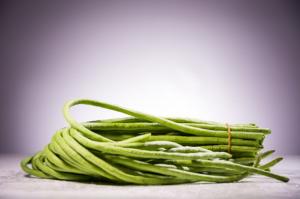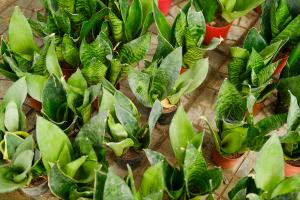Is Distilled Water Good for Indoor Plants?
Indoor plants require proper care and attention to thrive. This includes the right amount of sunlight, nutrients, and water. While tap water is the most convenient and accessible option for watering plants, it may not always be the best choice. One alternative is distilled water. But is distilled water good for indoor plants? Let's take a closer look.
What is Distilled Water?
Distilled water is created through a process of distillation, where water is boiled and the steam is collected and condensed back into water. This process removes impurities, minerals, and other contaminants from the water, leaving behind only pure H2O. This makes distilled water an ideal option for various purposes, such as laboratory experiments, medical equipment, and even watering plants.
The Benefits and Drawbacks of Using Distilled Water for Indoor Plants
One of the main advantages of using distilled water for indoor plants is that it is free of the chemicals, minerals, and salts that are commonly found in tap water. These minerals can accumulate in the soil over time and lead to the buildup of salts and other nutrients that can be harmful to the plants. Distilled water also protects against the dangers of chlorine and fluoride found in tap water.
However, one of the drawbacks of using distilled water for watering plants is that it lacks the minerals and nutrients that are beneficial to the plants. These minerals aid in the plant's growth, development, and overall health. Over time, using only distilled water can cause nutrient deficiencies in the plants, leading to stunted growth, leaf discoloration, and even death. For this reason, gardeners typically recommend using a mix of distilled and tap water for watering indoor plants.
When to Use Distilled Water for Indoor Plants
While using a mix of distilled and tap water is generally recommended for watering indoor plants, there are times when using only distilled water may be beneficial. For example, if you live in an area with hard water or high levels of fluoride and chlorine, using distilled water can help protect your plants from these contaminants. Additionally, if your plants are sensitive to water quality or have already shown signs of nutrient deficiencies, distilled water can provide a temporary solution.
Conclusion
In conclusion, distilled water can be a good option for watering indoor plants, but it should be used in moderation. While it removes harmful chemicals and minerals from the water, it also lacks the nutrients and minerals that are essential for plant growth. If possible, a mix of distilled and tap water should be used for watering indoor plants to provide the right balance of nutrients and protection against harmful contaminants.

 how many times do yo...
how many times do yo... how many planted tre...
how many planted tre... how many pine trees ...
how many pine trees ... how many pecan trees...
how many pecan trees... how many plants comp...
how many plants comp... how many plants can ...
how many plants can ... how many plants and ...
how many plants and ... how many pepper plan...
how many pepper plan...































